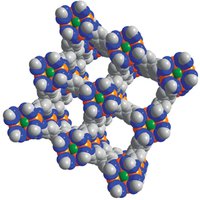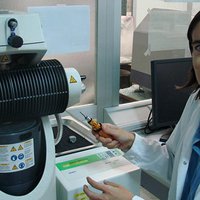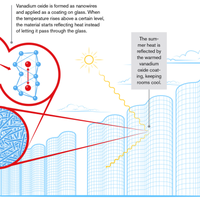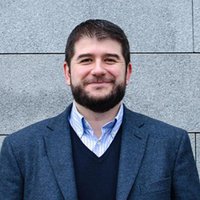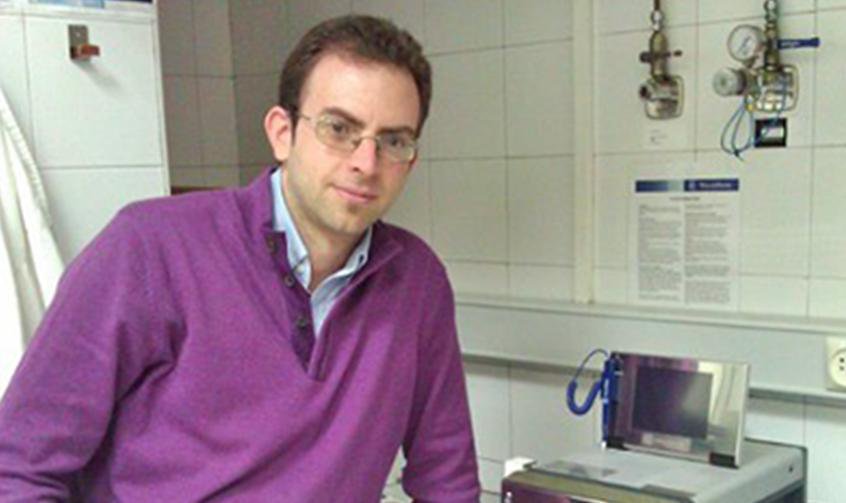"“Society sees residues like a problem instead of a rich and important source to obtain high value products”, states Rafael Luque, a young chemist and Spanish entrepreneur who is fighting to change this mentality.
Luque is an expert in the use of nanotechnology to obtain valuable chemicals and biofuels from organic matter. At 34 years of age, he has discovered and marketed a family of versatile, porous materials that act as chemical reaction catalysts that work to transform biomass. Thanks to those, he transforms agricultural and forest residues or waste from the food industry in what it is known as bio-platform chemicals, ‘chemical blocks’ that can be used to manufacture bioplastics, biofuels, and intermediary compounds for pharmacy and cosmetics, among other applications.
The family of porous materials that he discovered there was called Starborn and registered under two international patents of which Luque is the first author. Currently it is marketed through the multinational catalog of Sigma Aldrich and is used as a base to manufacture different catalysts that are adapted to specific necessities of each industrial process, in order to manufacture chemicals and biofuels. “Each process requires a different catalyst depending on the final desired product and this is achieved by ‘functionalizing’ the Starborn, adding distinct groups (acids or bases, for example) to carry out the required reaction”, continues the young innovator.
The nanomaterials patented by Luque are cheaper and more competitive than others that are usually used to process biomass. For example, they are much more efficient than acid resins in catalytic processes, than porous carbons in separation of substances, and than active carbons in adsorption (retention of molecules).
Furthermore, these catalysts not only maximize the transformation performance but also, compared to its competitors, are less harmful to the environment. This is due, primarily, to the fact that they can be manufactured from residues. “They can be obtained from any polysaccharide, for example, from spoiled bread”, explains Luque. “We obtain, in an ecological way, a product of high added value that we can sell”, he adds.
To cover each step, from the creation of these materials to the generation of chemicals and biofuels, Luque has founded Green Applied Solutions (GAS), a firm that not only develops the catalysts but also manufactures final products, like for example, biodiesel. “We are negotiating with a couple of companies both Spanish and foreign to market it”, states the entrepreneur.
In the upcoming years, Luque assures that GAS will focus on the development of processes to value food residues. “We will use both oleaginous residues for the production of biodiesels and other biofuels such as other types used for the creation of fertilizers, feed, and other interesting products”, explains the entrepreneur."
